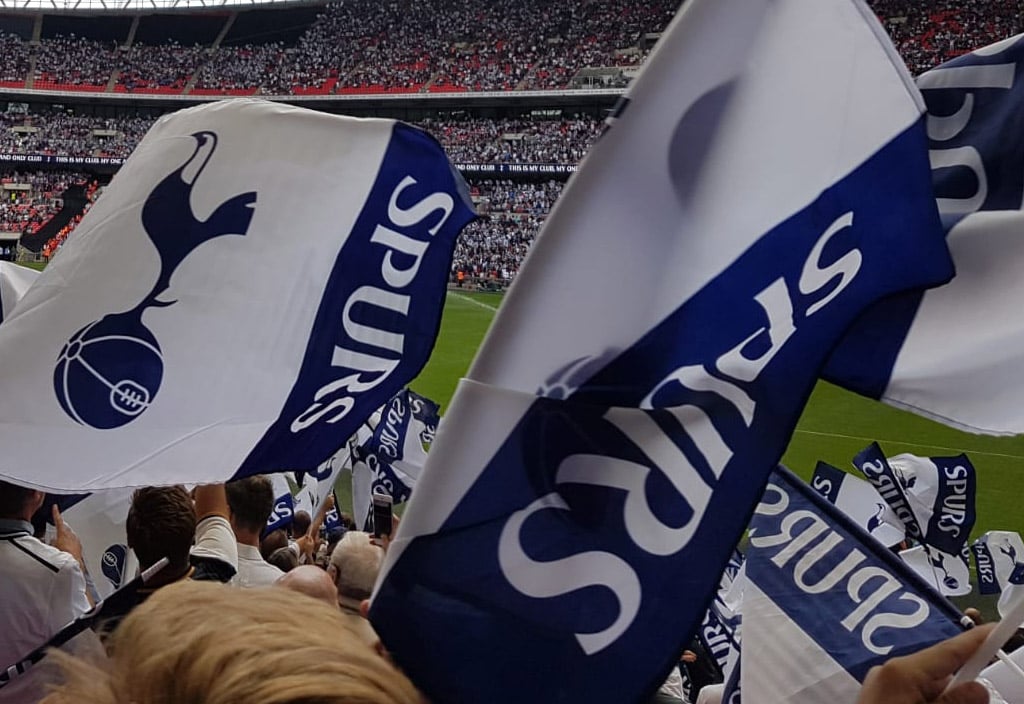Back in February I offered some thoughts on football transfers and negotiation theory:
In transfer negotiations no-one knows, including the players concerned themselves, what players might become.
For every missed Berahino there is a Holtby who plays well but never quite works out, a Soldado who works like hell but just can’t score, an Eriksen who grows steadily into a world-class talent, a Lamela who flickers brightly but gets injured and hasn’t (yet) quite caught fire, a Wanyama who more than justifies his fee from the first kick, and a Bale who starts off poorly but mutates over a few years into a colossus. And a Dele Alli, whose value is already at dizzy heights.
Within all this uncertainty and with a necessarily tight budget, the best path to success lies in being methodical.
Now we eternally pessimistic Spurs fans are torn between the agony of the 2017 summer transfer window drifting by without any new signings or Sissoko sellings, and bemused admiration at the idea that it’s all a cunning and methodical Levy/Poch scheme – by the end of August somehow all will be well (enough).
Indeed, Tottenham on 18 August have announced the transfer from Ajax of Davinson Sanchez. The deal is reported to be something like £28 million now, with a further £14 million in add-ons depending on results. Close to if not exceeding the club record.
Sanchez looks like a terrific investment. Young, fast, tall, strong, deft. Sharp short passing and long raking cruelly accurate howitzers. A force to be reckoned with in both defence and attack.
MORE SPURS STORIES
Where does he fit in? A season or so to get fully up to Poch speed, then the natural successor to Alderweireld/Dier in defence, or maybe even rebooted to replace Dembele in midfield. What’s not to like?
In this negotiation, several factors have been in play if the noisy transfer gossip echo-chamber is to be believed.
First, Sanchez wants to come to Tottenham and play under Pochettino. Pochettino’s willingness to give strong ambitious youngsters a fair sustained chance is next to unique in English football. See eg Chelsea for the far opposite approach: developing and hoarding fine young players, then never using them.
Second, Ajax are reluctant to sell and so have been pushing for something like £50 million, with rumours of other top clubs’ interest randomly popping up to make that price look reasonable. But Sanchez is not (yet) at that level. Tottenham are buying oodles of potential. Hence the final deal: a hefty down-payment of something like £30 million with a goodly slab to follow as and when that potential is realised.
This way of doing things (if it turns out to be the final deal or close to it) addresses a key problem in any negotiation: it spreads risk.
Say you’re mulling over buying a smart second-hand car. The risk of it breaking down can be included in a reduced price, and/or you can propose a deal that if it breaks down within (say) a year the seller covers the cost of repairs.
Maybe you’re selling off a piece of land. Currently it is not eligible for lucrative development. But you can insist that the deal includes an arrangement that if in (say) the next ten years the land does become eligible for redevelopment, you get a share of any profit.
In a case such as the Sanchez/Ajax transfer, Ajax press for as much money as possible now, and a speedy return on those add-ons. Money now is always worth more than money later.
Tottenham in turn press for as much money as possible shifted into add-ons, and a leisurely schedule for paying those add-ons.
But the sequence of the negotiating is clear: establish the principle (fee of some £40 million including add-ons), then haggle hard over the price/balance within that principle (overall final fee, plus timing and triggering of all payments).
Ajax also might insist on a Sigurdsson-type clause, namely an agreed share of any profit Spurs might make in years to come by selling Sanchez. Again, this works in a mechanism for dealing with risk and potential. Spurs in turn might offer a generous deal on that (why not be generous with profits they haven’t yet earned and may never earn?) but in return ask for a smaller fixed fee and fewer add-ons.
All this is part of a bigger and arguably wise Tottenham strategy, given the pressures of the new stadium project. Let the likes of PSG and Barcelona and Man City splash absurd sums of money to and fro, then see what things look like. Never sell anyone to Manchester United or Chelsea.
Be methodical. After decades of relative mediocrity, steadily manoeuvre towards a superb new strong if not dominant position in the coming ten years or so. No need to put that strategic plan at risk for the sake of paying much too much for players just to try to nab a trophy or two now?
That said, it’s no less a strategic objective to keep Toby warm and loved for the next few years, the more so when Davinson Sanchez appears. Sign his new contract asap, please.
Keep up to date with all the latest Tottenham news and opinion by following SpursWeb’s Facebook, Twitter and Instagram accounts.

